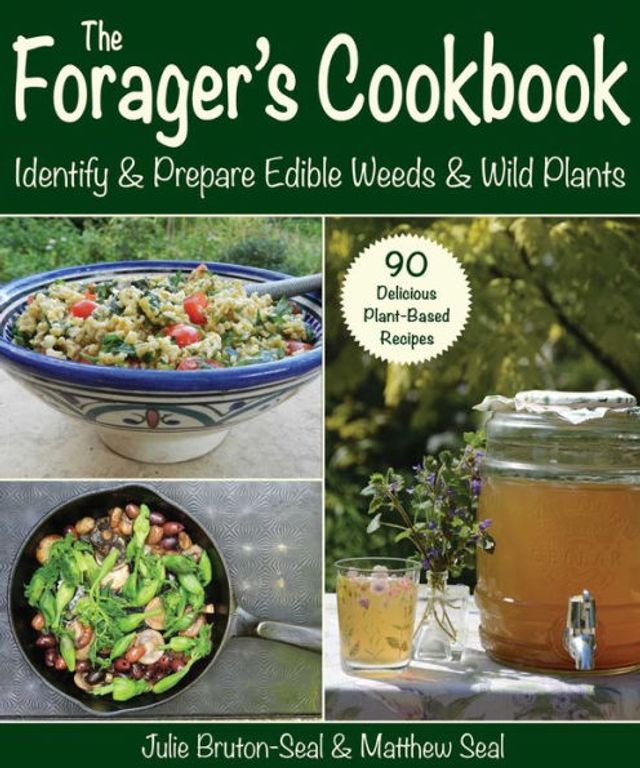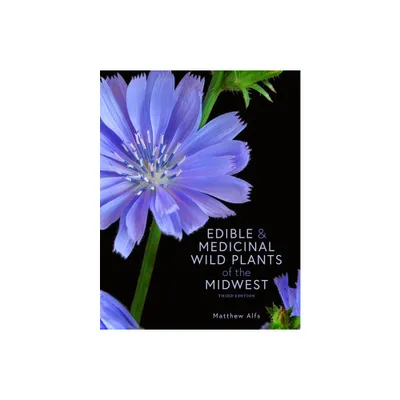Home
Foraging Florida: Finding, Identifying, and Preparing Edible Medicinal Wild Foods Florida
Loading Inventory...
Barnes and Noble
Foraging Florida: Finding, Identifying, and Preparing Edible Medicinal Wild Foods Florida
Current price: $24.95


Barnes and Noble
Foraging Florida: Finding, Identifying, and Preparing Edible Medicinal Wild Foods Florida
Current price: $24.95
Loading Inventory...
Size: Paperback
*Product Information may vary - to confirm product availability, pricing, and additional information please contact Barnes and Noble
Paleo-Indians lived more than 14,000 years ago in the land we now call Florida, and later came tribes of indigenous people known as the Ais, Calusa, Mayaimi, Tequesta, Timucua, and others. Still later came the Seminole and Miccosukee. These people were hunter-fisher-gatherers who lived off the bounty of what nature had to offer. Today, foraging wild fruits, nuts, grains, and other edible plant parts has become an active pastime for outdoor enthusiasts throughout the country, but Florida is a forager’s paradise due to the wealth of both temperate and tropical native plants.
In Foraging Florida, local naturalist Roger Hammer highlights edible and medicinal native and naturalized plants found throughout the state, from the far western Panhandle to the island chain of the Florida Keys. The book is organized by plant family so foragers can learn which species are closely related, and it includes a poisonous plant section so novices will know which plants to avoid. Recipes, identification tips, and how to prepare herbal and medicinal teas are offered throughout this forager’s guidebook.
Detailed description and photos of each plant, including its uses
Information on toxic lookalikes and cautions
Recipes to prepare at home and on the trail
A glossary of botanical terms
In Foraging Florida, local naturalist Roger Hammer highlights edible and medicinal native and naturalized plants found throughout the state, from the far western Panhandle to the island chain of the Florida Keys. The book is organized by plant family so foragers can learn which species are closely related, and it includes a poisonous plant section so novices will know which plants to avoid. Recipes, identification tips, and how to prepare herbal and medicinal teas are offered throughout this forager’s guidebook.
Detailed description and photos of each plant, including its uses
Information on toxic lookalikes and cautions
Recipes to prepare at home and on the trail
A glossary of botanical terms


















